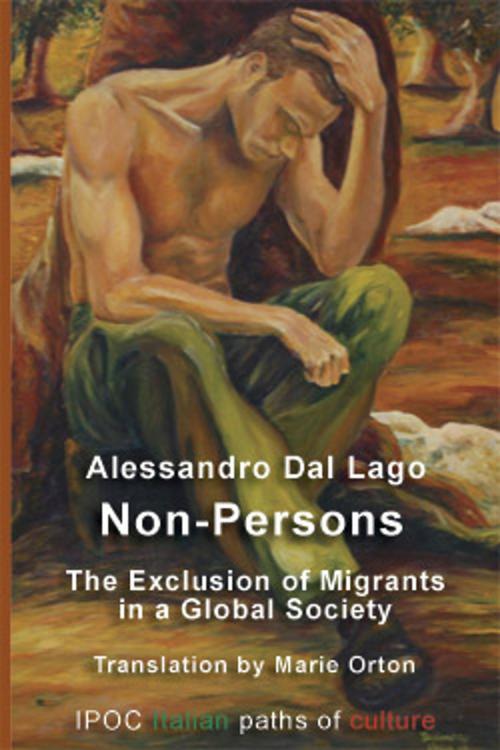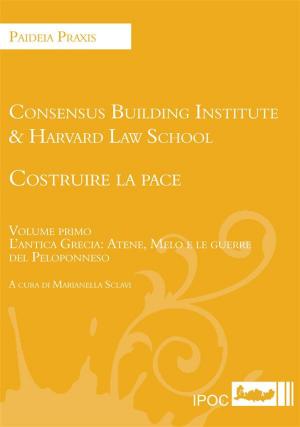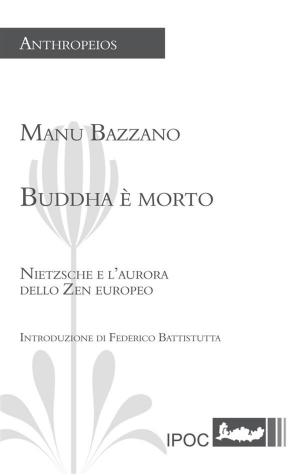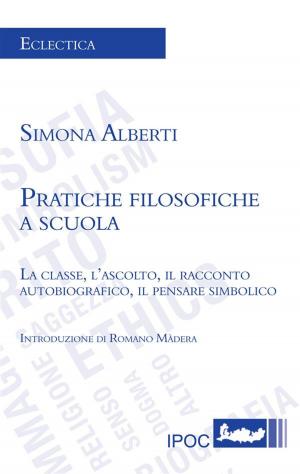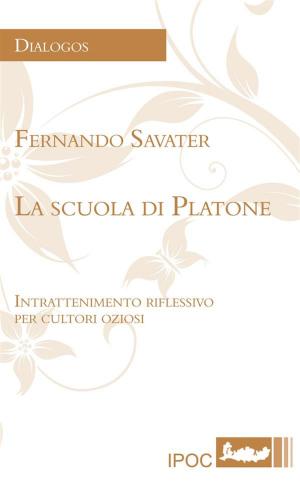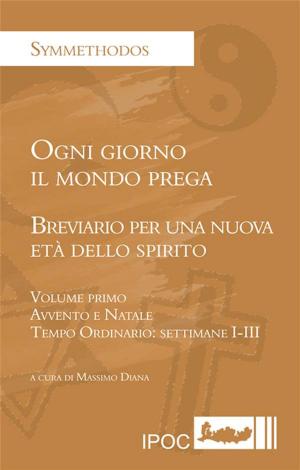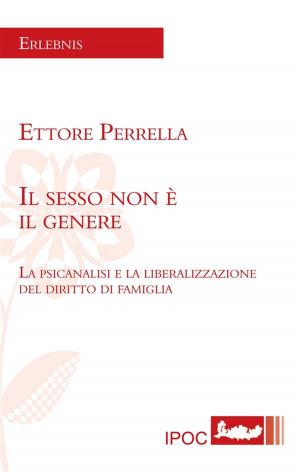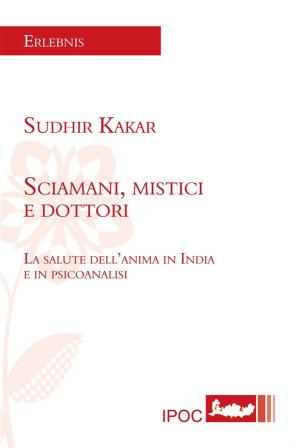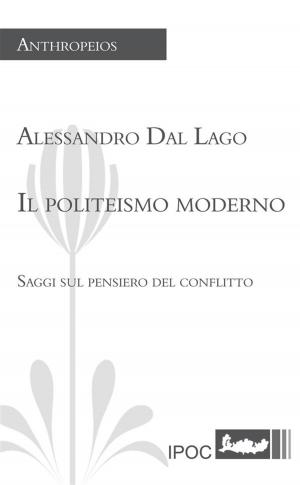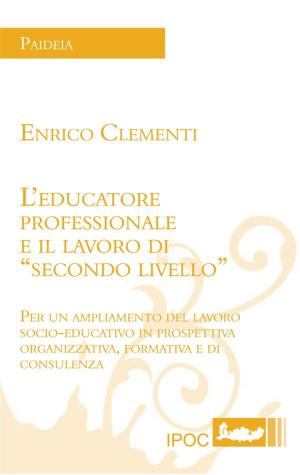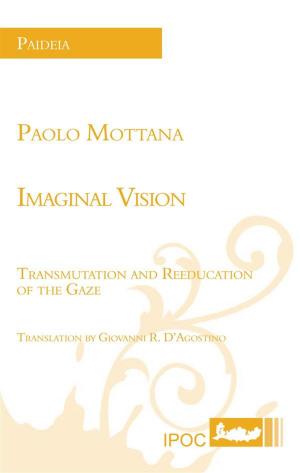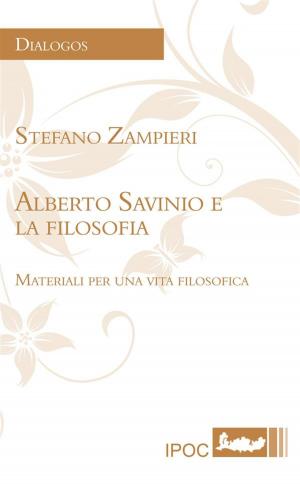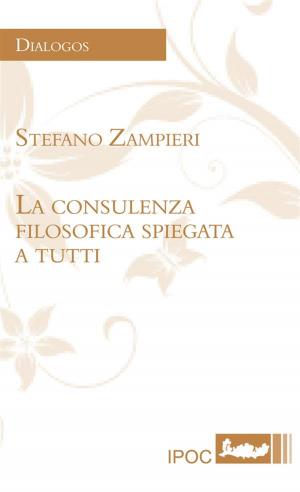Non-Persons
Nonfiction, Reference & Language, Education & Teaching, Educational Theory, Multicultural Education, Religion & Spirituality, Philosophy, Political| Author: | Alessandro Dal Lago | ISBN: | 9788896732380 |
| Publisher: | IPOC Italian Path of Culture | Publication: | March 3, 2012 |
| Imprint: | Language: | English |
| Author: | Alessandro Dal Lago |
| ISBN: | 9788896732380 |
| Publisher: | IPOC Italian Path of Culture |
| Publication: | March 3, 2012 |
| Imprint: | |
| Language: | English |
While continually broadcasting the deaths of “illegal immigrants” who have drowned at sea, the majority of mass media incessantly feeds the panic over the “invasion” of Italy by poor immigrants from the Third World. This study is not merely an examination of the familiar limitations of the media, but an investigation of the comprehensive attitude in Italian society of rejecting foreigners who have been transformed into public enemies through a vicious cycle of panic and exclusion. Political dialogue has not proven very aware of the problem of acknowledging the civil rights of the new migrants. The recent cultural rediscovery of the “Italian nation” and the “Italian homeland” – that communal sentiment on which national belonging is based – is not separate from these recent disturbing developments. Not only does this appeal to the “Italian nation” prove weak, but it corresponds to a process of inferiorization of other societies: poorer nations, the underdeveloped regions of Italy itself, and the less wealthy areas in dominant regions. The political left and right both display this disturbing mentality. In this extensively documented, polemical book, Alessandro Dal Lago clearly takes a stand regarding the most profound impulses in Italian society. This study reveals that what is involved in the cultural discussion on migration are the most fundamental parameters and values upon which our democracy rests.
While continually broadcasting the deaths of “illegal immigrants” who have drowned at sea, the majority of mass media incessantly feeds the panic over the “invasion” of Italy by poor immigrants from the Third World. This study is not merely an examination of the familiar limitations of the media, but an investigation of the comprehensive attitude in Italian society of rejecting foreigners who have been transformed into public enemies through a vicious cycle of panic and exclusion. Political dialogue has not proven very aware of the problem of acknowledging the civil rights of the new migrants. The recent cultural rediscovery of the “Italian nation” and the “Italian homeland” – that communal sentiment on which national belonging is based – is not separate from these recent disturbing developments. Not only does this appeal to the “Italian nation” prove weak, but it corresponds to a process of inferiorization of other societies: poorer nations, the underdeveloped regions of Italy itself, and the less wealthy areas in dominant regions. The political left and right both display this disturbing mentality. In this extensively documented, polemical book, Alessandro Dal Lago clearly takes a stand regarding the most profound impulses in Italian society. This study reveals that what is involved in the cultural discussion on migration are the most fundamental parameters and values upon which our democracy rests.
